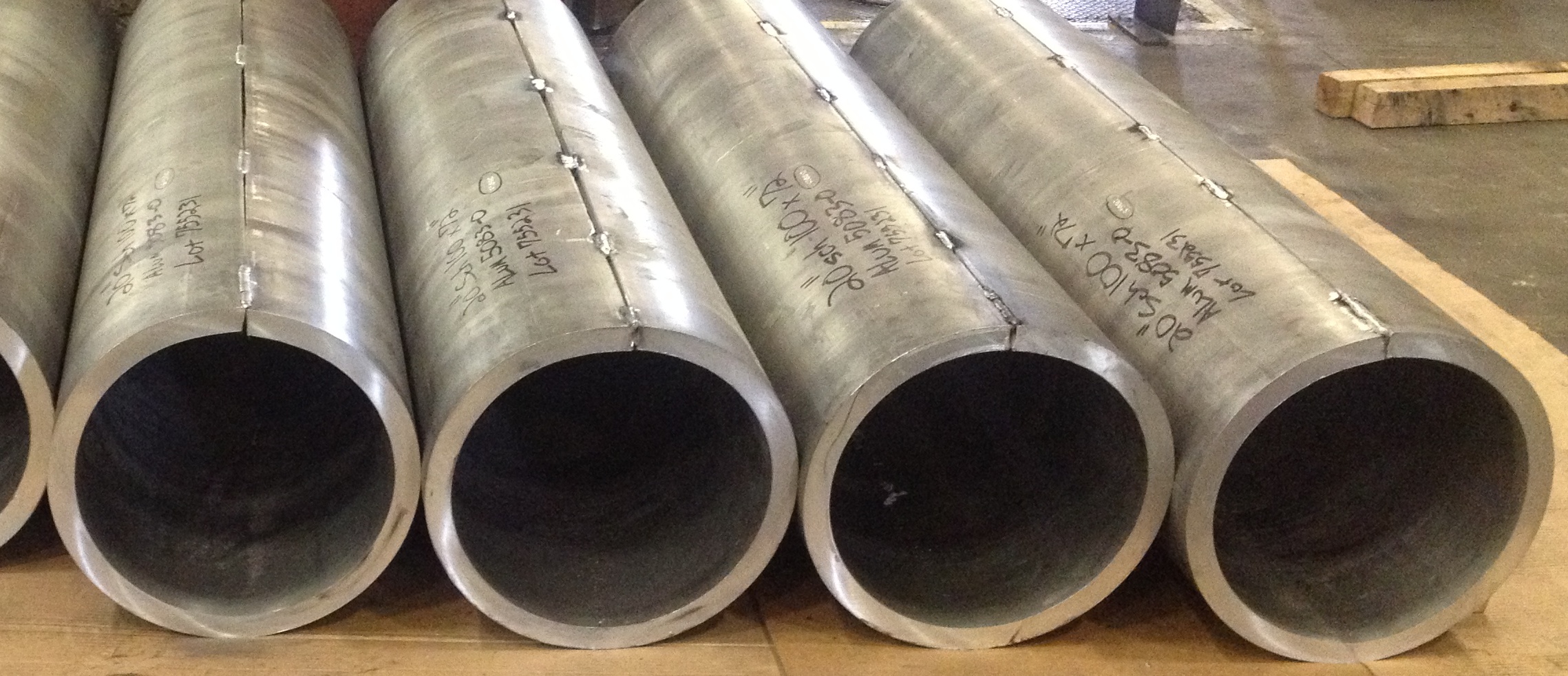Let s start with the rules of sheet metal.
Cpmvert cylinder to sheet metal.
As a test try to insert an axis on the cylindrical face.
I have a rectangular piece of steel 25 692 l 1 600 h 048 t that i want to bend fully to create a cylinder.
Here we have a solid body that i would like to convert into a sheet metal box then get the flat pattern to make it.
The extremely compact normally aspirated h1 v8 used two of the suzuki heads displaced 3 0l and went for 45 000.
If you don t have the sheet metal tab open right click in the area where the 1 arrow points then click sheet metal.
I figure this should be an easy thing to do in solidworks but i have little experience with the sheet metal portion and cannot figure it out.
If you cannot insert an axis then the model is not an exact cylinder and cannot be unfolded.
Click convert to sheet metal 3.
I understand that there are other simple ways of creating cylinders but the reason i started like this was because it s easier for me to put holes into a flat surface rather than a curved one.
Converting solid bodies to sheet metal.
However sheet metal parts created with the lofted bends feature avoid.
If you can insert an axis the model is an exact cylinder.
Autodesk inventor allows for converting models to sheet metal.
I would be very grateful for any advice or alternative methods that i could use.
Which means regardless where the model geometry originates you can convert it to sheet metal add sheet metal features and generate the flat pattern.
Essentially you should calculate the centerline arc.
To develop the blank flat length for a cylinder rolled from sheet or plate is quite simple.
Originally both a four cylinder the h2 and a v8 the h1 were available.
Pick the a face that will be fixed plane of the flattened sheet.
Thanks for your time dan.

